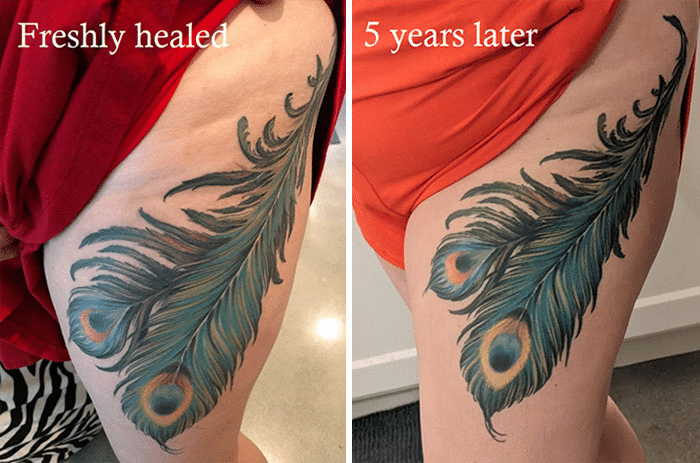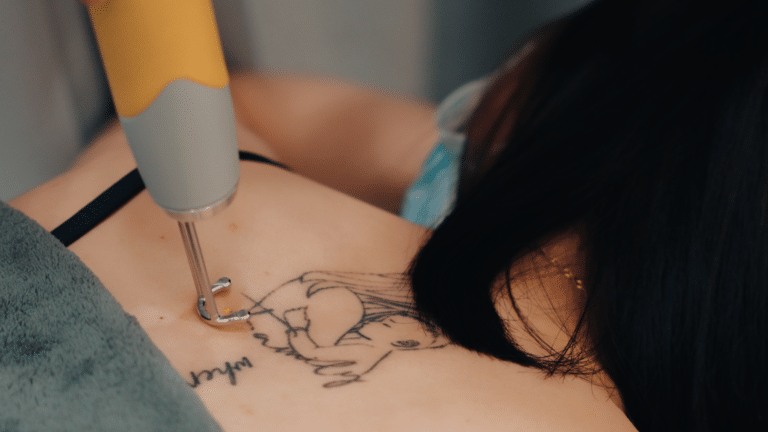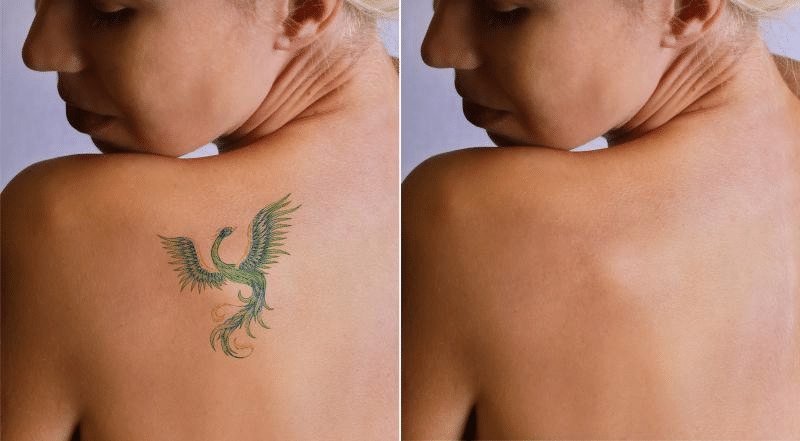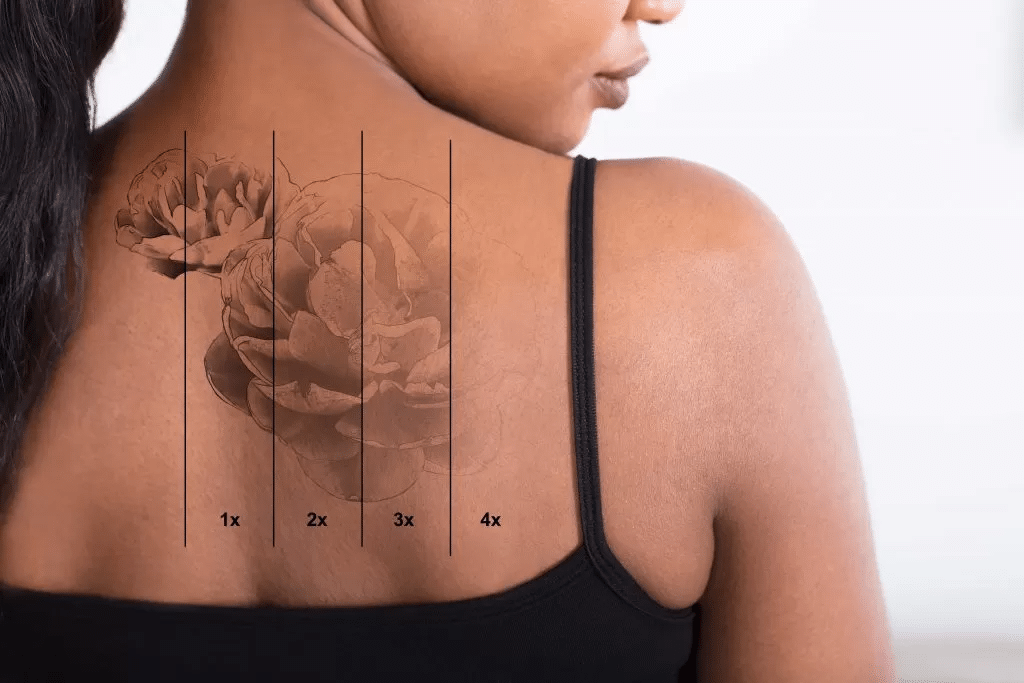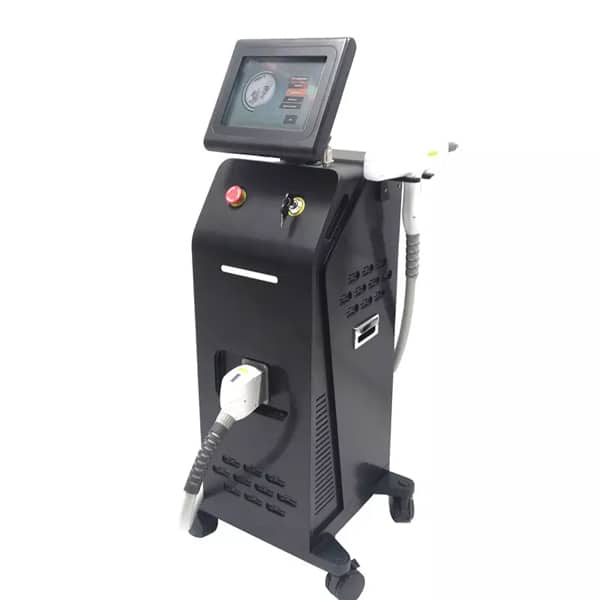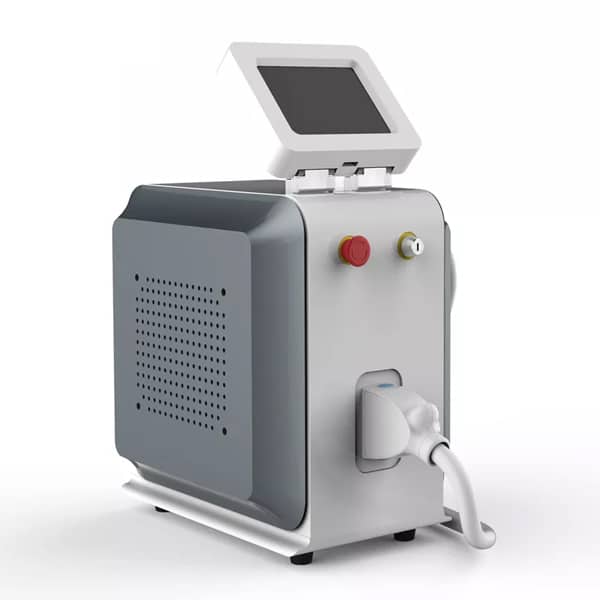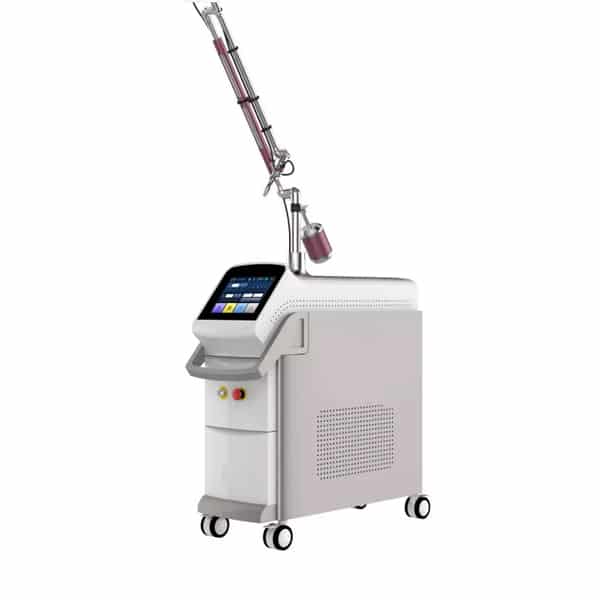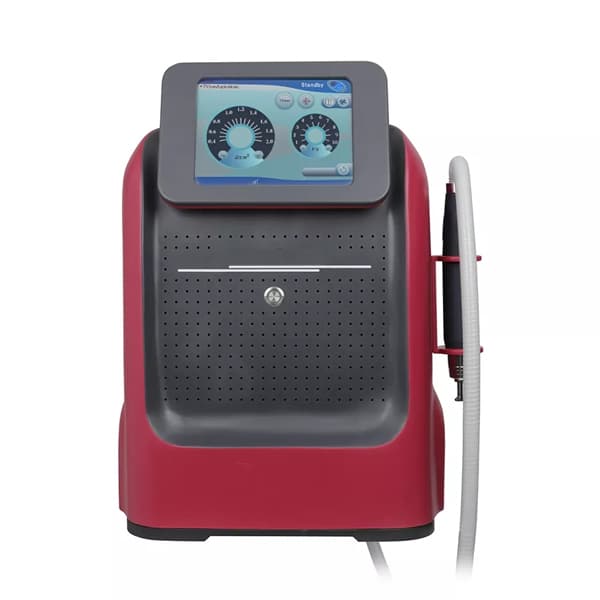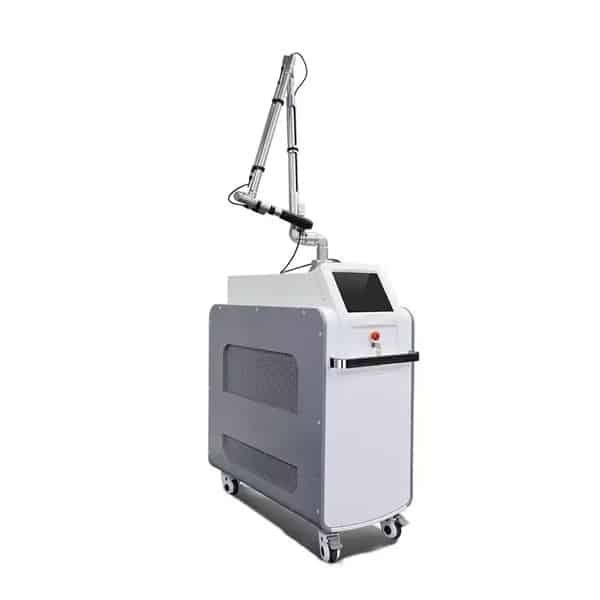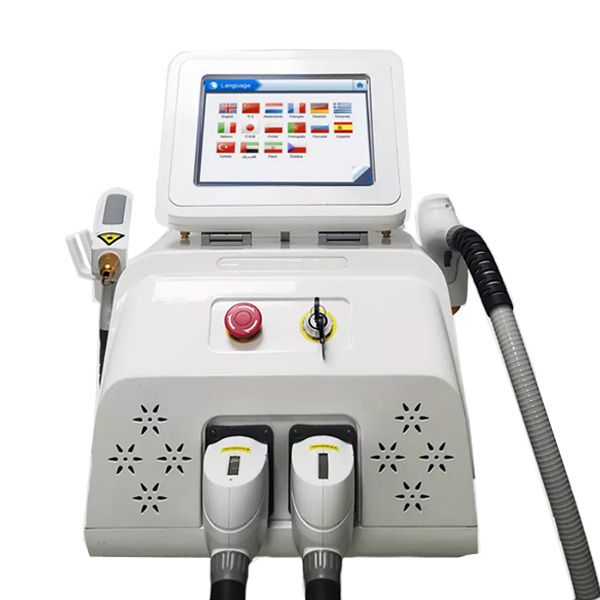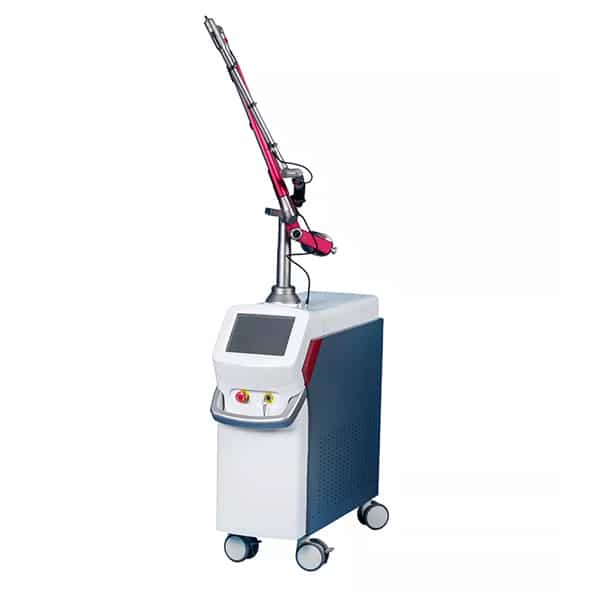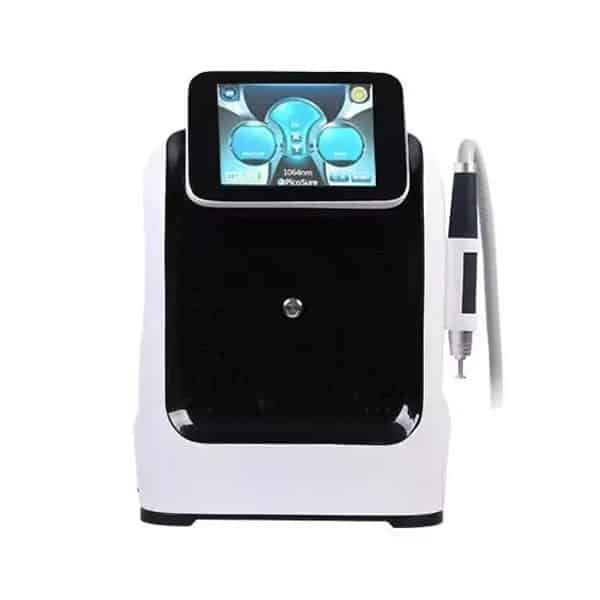What Type of Tattoo Is Easier to Remove? Old or New
Tattoos, once symbols of personality and faith, may now need to be removed for various reasons. However, not all tattoos can be easily removed, and the difficulty of removal depends on multiple factors.There are different answers to the question “old or new tattoo, which is easy to remove.” Some people say new tattoo is easy to remove because the ink in newer tattoos is closer to the surface of the skin and has not had as much time to spread and become embedded in the deeper layers of the skin. Additionally, newer tattoos tend to have less ink in them than older tattoos, which also makes them easier to remove.
Some people believe old tattoo is easy to remove and it is because your tattoo will start to fade throughout the years due to direct exposure to the sun.
For those who have an older tattoo, the laser process will be more straightforward because the sun exposure and the body fighting against it will help reduce the amount of ink that needs to be removed.
However, it’s also important to note that factors such as the size, location, and color of the tattoo, as well as the individual’s skin type, can also affect the ease of removal. It’s best to consult with a professional tattoo removal specialist to determine the best course of action for your specific tattoo.
The reason that supports why a new tattoo is easy to remove
From a professional tattoo artist’s perspective, new tattoos are usually relatively easy to remove, but this also depends on several factors. New tattoos have brighter and usually lighter-colored ink, which makes methods such as laser removal more effective. New tattoos have ink that has not fully penetrated the deeper layers of the skin, so they are easier to remove. Older tattoos where the ink has stabilized within the skin may be more complicated to remove.
How Does Laser Tattoo Removal Work?
Will My Skin Go Hack to Normal After Laser Tattoo Removal?
The reason that supports why an old tattoo is easy to remove
1. Sun exposure
Eventually, your tattoo will start to fade throughout the years due to direct exposure to the sun. The sun breaks down the tattoo ink slowly. Of course, the sun takes a very long time to work, and you will never fully remove the tattoo. Do not think that you can get a tattoo, decide you do not like it, and constantly sit out in the sun. This will not work and can cause your skin damage. For many people with older tattoos, their exposure to the sun over the years can help aid in fading the tattoo. A fading tattoo is much easier to remove during the laser process.
2. Body rejection
Your body is not happy with your tattoo and will try to remove the tattoo naturally. Your body sees the ink as a foreign object and will attack it. While it will not damage a new tattoo, over time, it will wear down the ink. Unfortunately, your body will not be able to remove the tattoo all by itself efficiently. This is why the laser separates the ink into smaller pieces so that it can be dealt with. Laser removal allows your body to attack the small ink particles to remove them. For those who have an older tattoo, the laser process will be more straightforward because the sun exposure and the body fighting against it will help reduce the amount of ink that needs to be removed.
Other tattoos that affect how easy to remove a tattoo
Except for tattoo ages, there are still many factors to consider:
Why old tattoo look a lot more faded compared to a 6-month-old new tattoo?
This is because over time the body is trying to naturally remove the ink from your body. The body doesn’t like anything foreign in it. However, the ink particles are too large for the body to handle.
So whilst it will remove some of the tattoo ink, it is impossible to break it all down. This is where laser tattoo removal comes in. The laser light is targeted onto the tattoo. The tattoo ink absorbs the laser light, and the ink particles shatter into tiny little particles. This makes it easier for the lymphatic system to eliminate the shattered ink. The lymphatic system is the body’s natural cleansing system.

